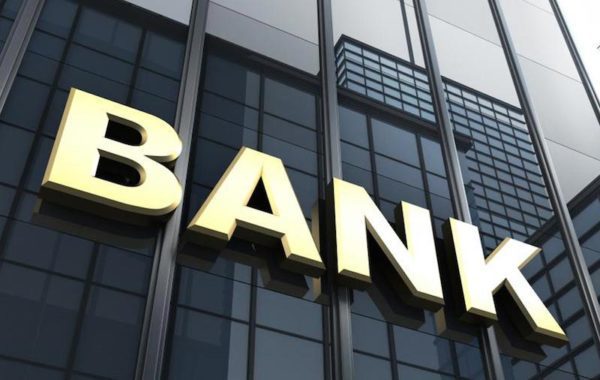Scrapping the debt of heavily indebted African nations will only come back to haunt them, according to two of the continent’s largest banks.
Ade Ayeyemi, chief executive officer of Lome, Togo-based Ecobank Transnational Inc. made his view clear on the matter. He said, “Forgiveness is not helpful because your debt is somebody’s else’s savings.
“When you go to the market to borrow money, the market is looking at your current and past behavior.”
China last week pledged to cancel some interest-free government loans for African nations; and offered to rework commercial obligations as the world’s poorest continent grapples with how to handle the coronavirus pandemic. The vow means debt suspension by the Group of 20; leading economies is gaining traction for all types of official funding; after an initial focus on Paris Club agreements.
“To a great extent, forgiveness is a form of default; and, essentially then, what it does is that it distorts markets; so it is one area that we should all be conscious of the unintended consequences.” James Mwangi, CEO Nairobi-based Equity Group Holdings, Kenya’s largest bank by market value, said this. “Essentially it talks about the creditworthiness of a country.”
The G-20 in April agreed to provide the relief to help free up funds for more than 70 poor nations to deal with the pandemic; but the process has been slow, with many private creditors on the sidelines.
While a lockdown to contain the pandemic has impeded output and sales of most companies in the continent; it is boosting digital payments and helping governments achieve their goals of financial inclusion, said Ayeyemi, whose lender has operations in 33 countries across the continent. Ecobank – not unlike most other banks – is seeing 95% of transactions done on digital platforms since the pandemic started; compared with 90% previously.
The virus “has become the greatest accelerator of the adoption of digital,” he said.









